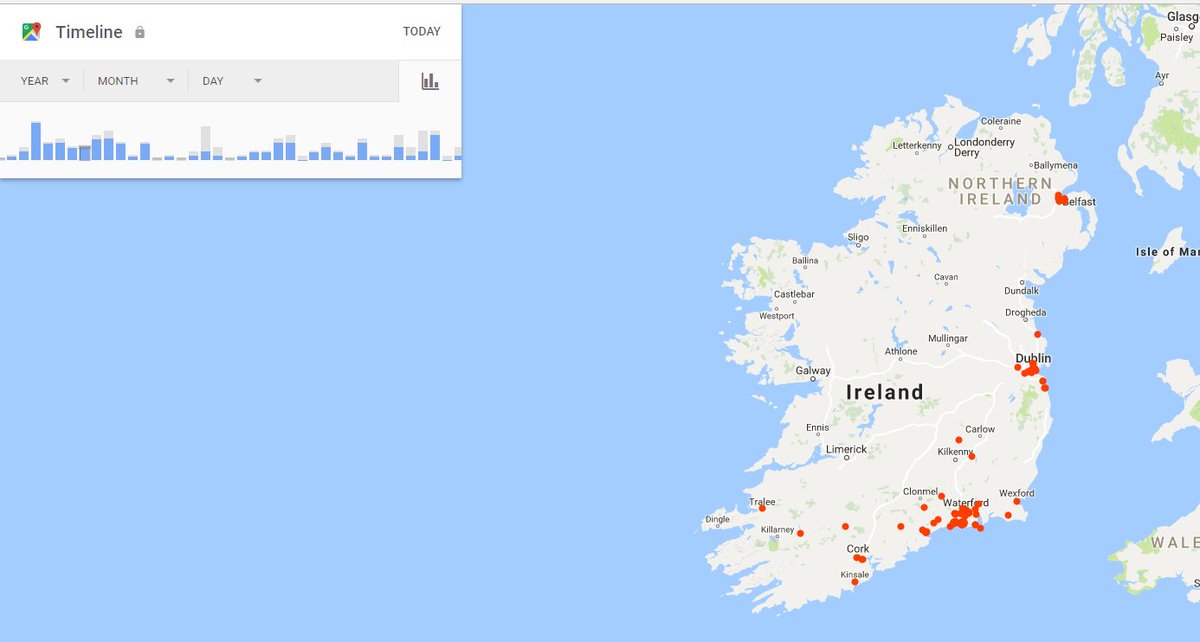1) Ability to master hard things quickly and produce high quality work quickly are two vital characteristics in order to succeed. “If you don’t produce, you won’t thrive—no matter how skilled or talented you are.”
Notice your shallow-work to better avoid It. Shallow work is non-cognitively demanding, logistical-style, often performed while distracted.
*The Principle of Least Resistance*: In a business setting, without clear feedback on the impact of various behaviors on the bottom line, we will tend toward behaviors that are easiest at the moment.



